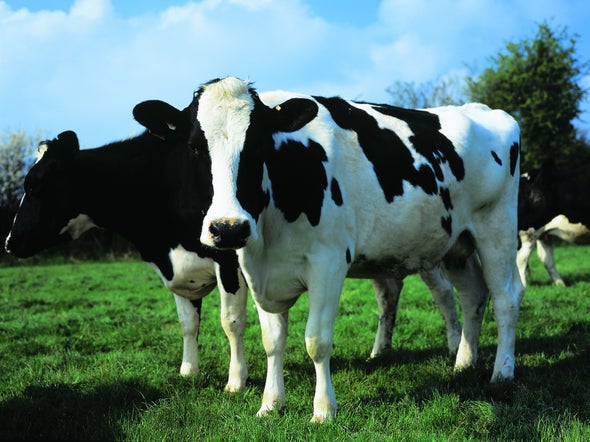Hi, I'm Scientific American podcast editor Steve Mirsky. And here's a short piece from the November 2018 issue of the magazine, in the section called Advances: Dispatches from the Frontiers of Science, Technology and Medicine.
The article is called Quick Hits, and it's a rundown of some science and technology stories from around the globe, compiled by editorial contributor Ankur Paliwal.
From INDONESIA
Jakarta is sinking fast. Indonesia's capital is built on ground that is subsiding as a result of flooding and sea-level rise, and about 95 percent of North Jakarta could be underwater by 2050. The government is now building a 32-kilometer seawall to protect the city.
From THE NETHERLANDS
The world's first offshore dairy farm is expected to open near the port of Rotterdam by the end of the year. The idea is to produce food closer to urban areas, where two thirds of people will live by 2050, and to reduce pollution caused by transporting food over long distances.

From SOUTH AFRICA
South Africa has completed MeerKAT, the largest and most powerful radio telescope in the Southern Hemisphere. The telescope — part of the multicontinent Square Kilometer Array — will study how hydrogen gas moves into galaxies to fuel star formation. The KAT — in MeerKat — stands for Karoo Array Telescope.
From NIGERIA
The nation has launched its first renewable energy association, with the goal of generating about 40 percent of the country's total energy from green sources by 2030. More than 50 percent of the population currently lacks access to any energy sources.
And from U.S.
Scientists mapped one of the world's fastest-moving underwater faults in Alaska, which has a slip rate of five centimeters a year. These data could help coastal communities in Alaska and Canada prepare for earthquakes and tsunamis.
That was Quick Hits by Ankur Paliwal.












